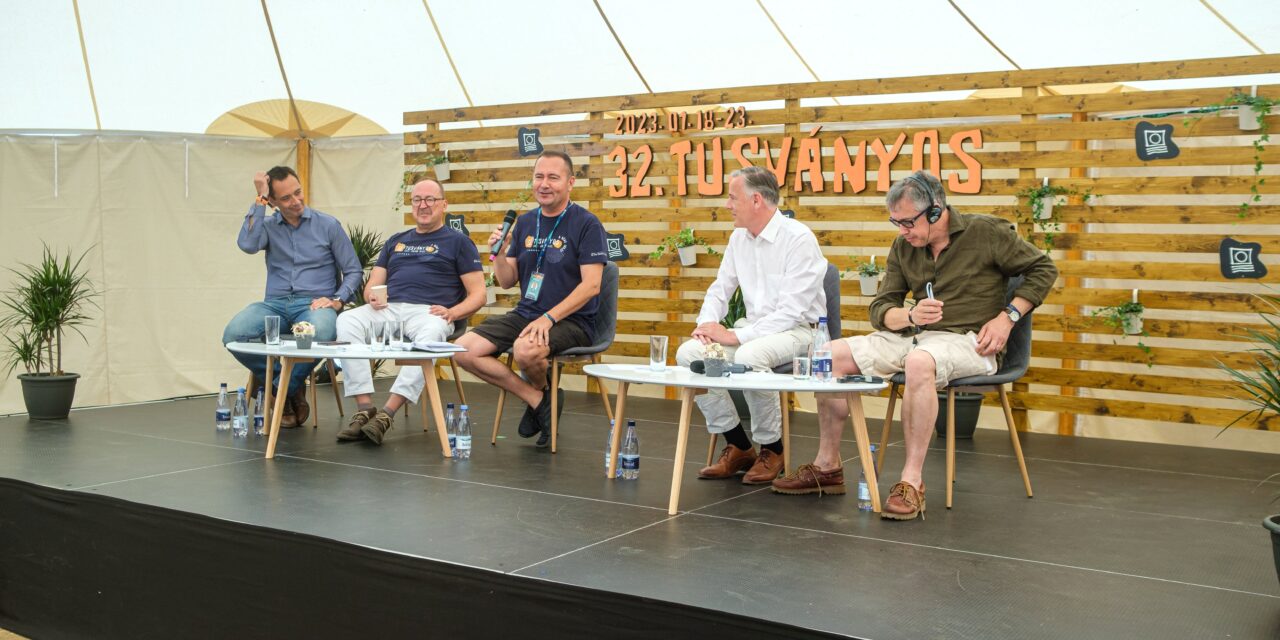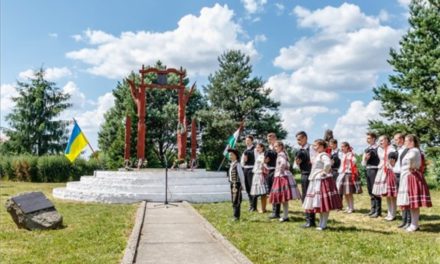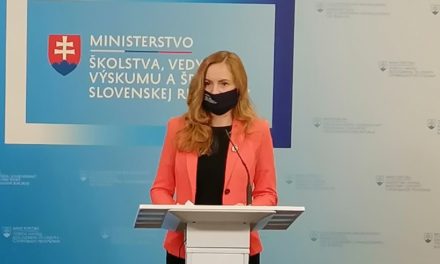Among other things, podium discussions were organized on the scope of peace diplomacy and the possibilities of minority rights enforcement limited by war conditions on Wednesday in Tusnádfürdő, on the opening day of the public life program of the 32nd Bálványosi Summer Free University and Student Camp.
Tusványos has been an island of peace since 1990, stated Zsolt Németh, chairman of the Foreign Affairs Committee of the Parliament and one of the founders. He also touched on the fact that their generation had never been as close to war as what they are going through now. In this situation, Hungary chose the path of peace diplomacy, they do not believe in a military solution to the war, they cannot believe that there is a military solution to this war, he emphasized.
Tibor T. Toró, the vice-president of the Transylvanian Hungarian Association, who also participated in the opening as a founder, pointed out: Tusványos is always more than a free university and more than a festival. Tusványos sends a message every year, this year he sends a message about the time of peace, he emphasized.
Now there is no other option, there is no other alternative than peace - stated János Árpád Potápi, the State Secretary responsible for national policy at the Prime Minister's Office.
According to the participants of the panel discussion "The International Movement of Minorities in the Time of War", the war in Ukraine makes it difficult to settle the rights of native European minorities, but it may even result in change, because securing the rights of Ukrainian minorities should be part of the peace negotiations and the European Union accession negotiations.
Balázs Hidvéghi, the representative of the European Parliament (EP) of Fidesz, pointed out that Europe remains in debt to ensure the rights of indigenous minorities, several EU member states are trying to ignore the topic. He explained: those EU member states with a significant number of minorities are afraid of the topic, while the European Commission refuses to settle the issue with the excuse that it is not within its competence, while in the case of other minorities it prefers to intervene in the national competences.
Zsolt Szilágyi, head of the Transylvanian Hungarian Association's cabinet for foreign and national policy, said: Hungarians in Romania have always served stability, but the Romanian state does not behave with the Hungarians of Székelyföld and Transylvania as it should.
According to Vincze Loránt, the EP representative of the Romanian Hungarian Democratic Union (RMDSZ), the legal framework is partially ensured in Romania, but the state does not require its institutions to comply with it, and the EU institutions are not interested in the situation of minorities. He stated: Minority rights are being deprived in Ukraine, which international institutions and organizations cannot turn a blind eye to.
As a final conclusion, peace in Ukraine must also include a fair settlement of the minority issue, and everyone must work on this in the next period if they want stability in the region, this is an essential condition.
At another panel discussion by the Free University examining the possibilities of ending the Ukrainian-Russian war, Zsolt Németh believed that the world order based on the UN Charter of 1945 is crumbling, as Security Council member Russia is trampling on its principles. According to him, the new world order of the future will be fundamentally influenced by how the international community relates to Russia.
He pointed out: Hungary has consistently condemned Russian aggression and recognizes Ukraine's right to self-defense. In the spirit of this, it is true that not with weapons, but with fuel and the training of medical officers, it also provides assistance to Ukraine. On the other hand, the war cannot be accepted as an excuse to discriminate against the national communities living in Ukraine, and Ukraine must know that its path to the West leads through Central Europe, stated the chairman of the foreign affairs committee.
At the panel discussion on the diaspora, Viola Varga Diósi, specialist referent of the Hungarian Training, Research and Cultural Center of Vojvodina, reported that the census results in Serbia show a significant decrease: the number of Hungarians from 250,000 fell to 184,442. The decline is also significant in the block Hungarian area, and although the Hungarians have lost their numerical majority in several places, their political weight does not decrease, the Hungarian self-governments remain, language rights are not impaired, but in some places the lack of translation services hinders.
István Horváth, a sociologist and university lecturer from Cluj-Napoca, pointed out that one million Romanian citizens declared themselves to be Hungarians, but taking into account the citizens without ethnicity, experts estimate the number of Hungarians at 1.1 million, which means a decrease of 200,000. In Transylvania, the sustainability of the institutional system is increasingly being questioned in the scattered areas, while the aging and emptying of the villages in the Hungarian regions is causing problems.
János Árpád Potápi announced in Tusványos: the equestrian program covering the entire Carpathian basin is starting. The program was started in Transylvania last year, and HUF 220 million in support was distributed to 75 equestrian associations. With this, they were able to support the training and sports of 1,500-1,800 children on a weekly basis. The equestrian program - for which HUF 400 million is expected to be available - will be extended to the entire Carpathian basin.
MTI












